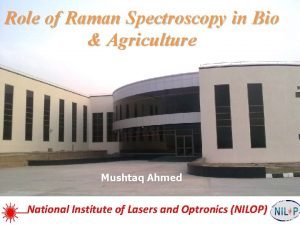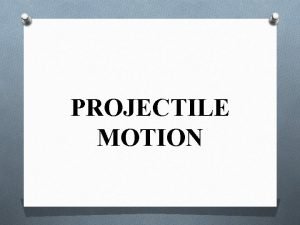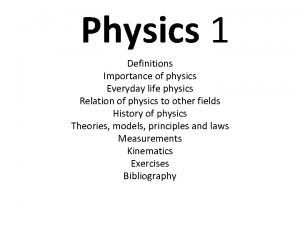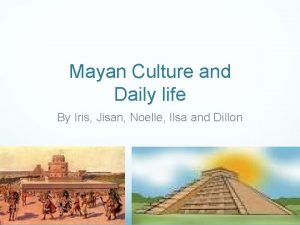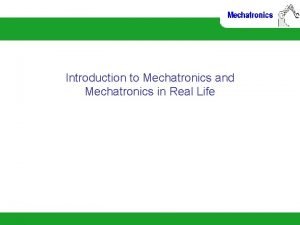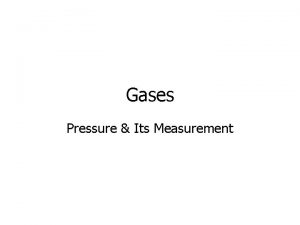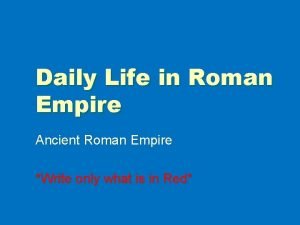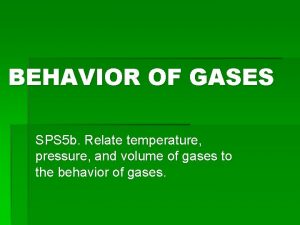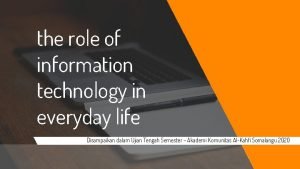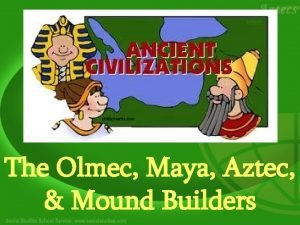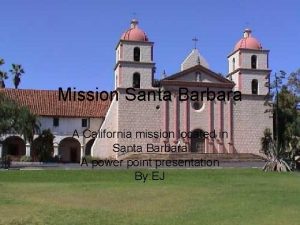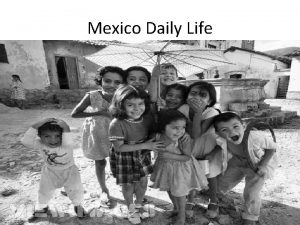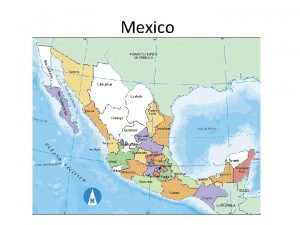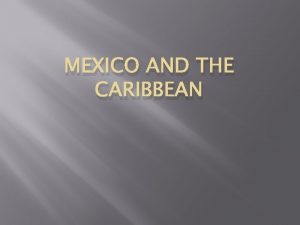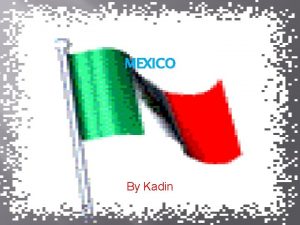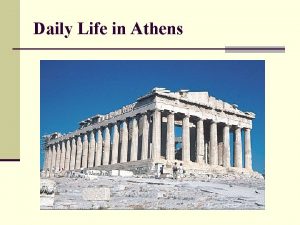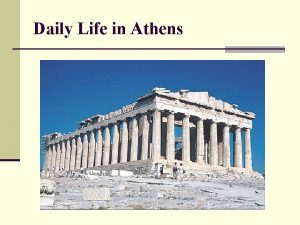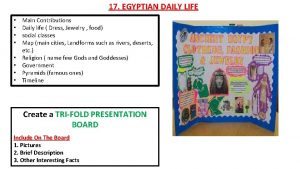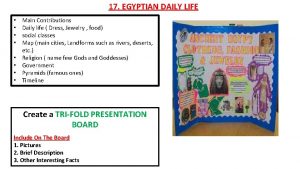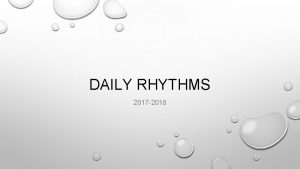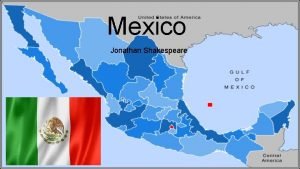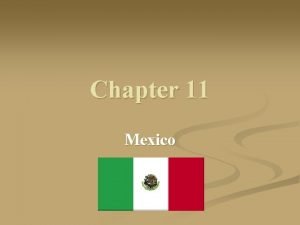Mexico Daily Life 2 1 Daily Life A

















- Slides: 17

Mexico Daily Life

2. 1 Daily Life • A blend of traditional and modern cultures • Ethnicity – Native American – Spanish – Mestizos • Language – 9 out of 10 Mexicans speak Spanish( official language) – More than 50 native languages


Daily life • Religion – 90 % Roman Catholic – Many practice traditional religions – Mixed religious practices- Day of the Dead • Arts – Native and European cultures blended • Diego Rivera • David Siqueiros



Daily Life • Architecture – Mexico has preserved Aztec and Maya art, artifacts and architecture – Spanish influence can be seen at National palace and many churches. – Modern buildings mostly in large cities- Lighthouse of Commerce in Monterrey • Food – Staple foods like corn, beans, squash and tortillas – Traditional large midday meal must now fit into modern society




2. 2 Mexico’s Economy • Farming – Some large scale operation, but mostly subsistence farming • Nationalized industry- 1900 s – Owned by government – Oil, banking, transportation, and telecommunications • Free enterprise- 1980 s – Many industries sold to private or foreign investors – Better wages, increased production and the passing of NAFTA


Economic sectors • Agriculture produces tropical fruits, coffee, sugar cane, and cotton • Natural resources exported are silver and oil • Manufacturing – includes cars, food processing, and metal products. – Foreign companies own – Maquiladoras- parts shipped in and put together in Mexico.

Economy • Service industries such as banking, transportation and tourism • Economic challenges – High unemployment – Low wages in nationalized industries – Out sourcing jobs to other countries

2. 3 Reaching Toward Democracy • Institutional Revolutionary Party (PRI) – 1929 - 2000 – Dominated politics in Mexico – Common people did not have a choice in elections • Multi Party Democracy 1990 – Present – – Rebellion against PRI economic policies which hurt all poor people Rival parties formed 2000 – Vicente Fox becomes president, he is from a minority party 2006 – Felipe Calderon elected using multi party system

Challenges to Mexico’s Democracy • Illegal drug trade – Violence along U. S. border – Troops and drug cartels fight • Zapatista Liberation Army – Control many Mexican states – Formed their own governments

Positive effects of Democracy • • Increased literacy rate Education- more children going to school Informed voters Public is better qualified for jobs
 Practical applications of polynomials in real-life
Practical applications of polynomials in real-life Anomalous expansion of water
Anomalous expansion of water Applications of raman effect in daily life
Applications of raman effect in daily life 5 examples of unlike parallel forces
5 examples of unlike parallel forces Projectile motion examples
Projectile motion examples Importance of physics
Importance of physics Mayan daily life
Mayan daily life Mechatronic devices examples
Mechatronic devices examples Pgas=patm+ph
Pgas=patm+ph Application of boyle's law in daily life
Application of boyle's law in daily life Percentages in daily life
Percentages in daily life Have lunch
Have lunch Ancient rome recreation
Ancient rome recreation Real life examples of charles law
Real life examples of charles law Role of information technology in our daily life
Role of information technology in our daily life Olmec religion
Olmec religion Daily life of a roman citizen
Daily life of a roman citizen Santa barbara mission facts
Santa barbara mission facts


